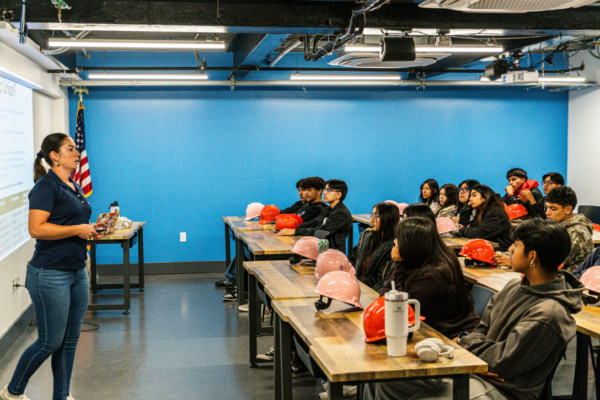New York, NY — A partial report released in May by Restaurant Opportunities Centers United (ROC), titled “Take Me Off the Menu: The Impact of Sexual Harassment in the Restaurant Industry”, comes at a time when sexual harassment in the workplace is being exposed, explored, and addressed in multiple sectors.

In this executive summary, with a full report expected by the end of the year, ROC, a national organization whose mission is to improve wages and working conditions for the nation’s restaurant workforce, focuses on how young women’s experience of sexual harassment impacts the rest of their lives and by extension, our entire culture.
According to the study, “one out of three Americans enters the workforce through the restaurant industry, and one out of two works in the industry at some point in their life.” Women, particularly when they are young and in front of house (waitressing) positions, become vulnerable to harassment due largely to their dependence on tips. Since under federal law they can be paid as little as $2.13 an hour, they are put in a position where they may have to tolerate inappropriate behaviors from customers simply to make enough money to live;they are also often subject to harassment by kitchen staff on whom they depend for well-executed food for their customers, as well as by managers who have control over their shifts and section assignments, where volume and the number of customers can vary greatly, radically altering what they go home with at the end of the day. This power imbalance leaves these workers with little latitude to speak up and put their jobs or assignments in jeopardy; doing so would make it impossible to pay bills and feed their families.
The study found that having to tolerate such behavior leads to a type of denial wherein the victims either don’t think or cease to think of it as unacceptable, and when they move on to other jobs, whether in media, politics, Hollywood, or other sectors, they tend to bring that tolerance with them. One young woman surveyed, “Marisa,” who is a current restaurant worker, said that she experienced an attempted rape by a co-worker in a restaurant about a year and a half ago.
“To this day I struggle to talk about it,” she said during a recent conference call with reporters. “It was made unimportant by the manager,” she reported it to, “Marisa” also said, but the manager again scheduled her with the perpetrator, so she had to quit her job. Because it was not taken seriously, Marisa further said that “It clouded my perception of what sexual harassment was, and I was de-sensitized.”
On a grand scale our culture becomes impacted, as “women internalize this norm thereby creating a high bar for what they consider to be sexual harassment, and unacceptable workplace behavior,” and more likely to tolerate it, at the same time “the large number of men and women who begin their work lives in the restaurant industry are more likely to reproduce learned norms of culturally accepted behavior in their future workplaces.”
Actress Sarah Jessica Parker (“Sex and the City”) has lent her considerable star power to help draw attention to this issue, and although she herself is not a veteran of the restaurant industry, Parker told reporters that “Millions are affected,” and in her own industry, “I too normalized those situations to keep working and not be thought of as ‘difficult.’”
There is at least a partial solution in sight, however. The study found that “tipped workers who earn a guaranteed wage report half the rate of sexual harassment as tipped workers in states that follow the $2.13 subminimum wage.” There are seven states that currently guarantee all tipped workers one fair wage, independent of tips; New York State is currently considering such legislation.



